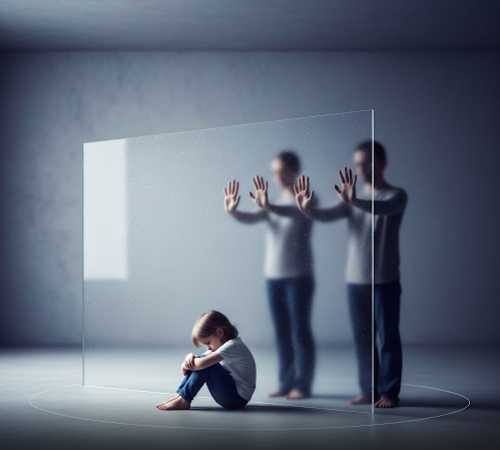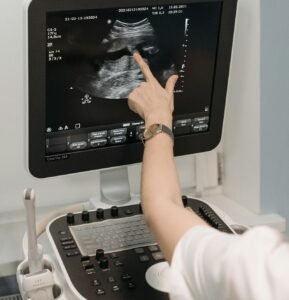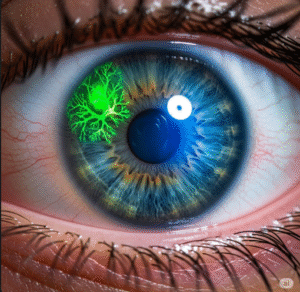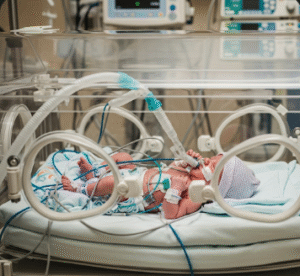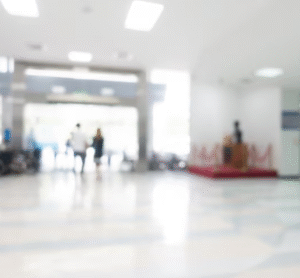Overview
Reactive Attachment Disorder (RAD) is a rare but serious childhood condition characterized by difficulties in forming healthy emotional attachments with caregivers. It often results from severe early neglect, abuse, or disruptions in caregiving. In Korea, child psychiatrists and psychologists specialize in diagnosing and treating RAD to support affected children’s emotional and social development.
What is Reactive Attachment Disorder?
RAD is a disorder of social functioning where children show markedly disturbed and developmentally inappropriate attachment behaviors toward caregivers. These children may be withdrawn, emotionally inhibited, or display indiscriminate sociability. The disorder typically develops before age five following inadequate care during early childhood.
Symptoms
- Lack of seeking comfort or responding to comfort from caregivers
- Minimal social and emotional responsiveness
- Limited positive affect or episodes of unexplained irritability and sadness
- Difficulty forming meaningful relationships
- Avoidance of physical contact or affection
- Indiscriminate friendliness toward strangers (in some cases)
Causes
RAD results from severe neglect, abuse, or frequent changes in primary caregivers during the critical early years of life, disrupting normal attachment formation.
Risk Factors
- Early childhood neglect or abuse
- Institutional care or orphanage upbringing
- Frequent changes in foster care or adoptive placements
- Parental substance abuse or mental illness
Complications
- Impaired social and emotional development
- Difficulty forming and maintaining relationships later in life
- Increased risk of behavioral problems and mental health disorders
- Poor academic performance
Prevention
- Providing stable, nurturing caregiving environments from birth
- Early intervention for at-risk families
- Support programs for foster and adoptive parents
- Public education on the importance of early bonding
Treatment Options in Korea
Diagnosis
Child mental health specialists use clinical interviews, behavioral assessments, and standardized attachment measures to diagnose RAD in Korea.
Medical Treatments
- No specific medications for RAD itself, but associated symptoms like anxiety or depression may be treated pharmacologically.
Psychological Therapies
- Attachment-based therapies focusing on improving caregiver-child relationships
- Trauma-focused cognitive behavioral therapy (CBT)
- Parent-child interaction therapy (PCIT)
- Social skills training and behavioral interventions
Rehabilitation and Support
- Family counseling and support groups
- Educational support and individualized care plans
- Ongoing monitoring and follow-up to track progress

